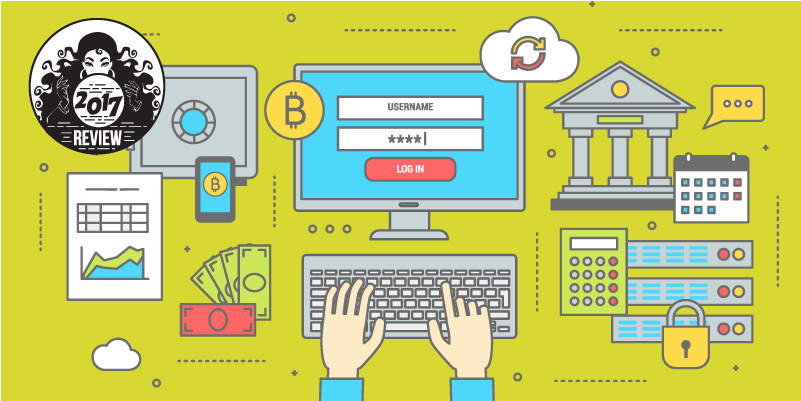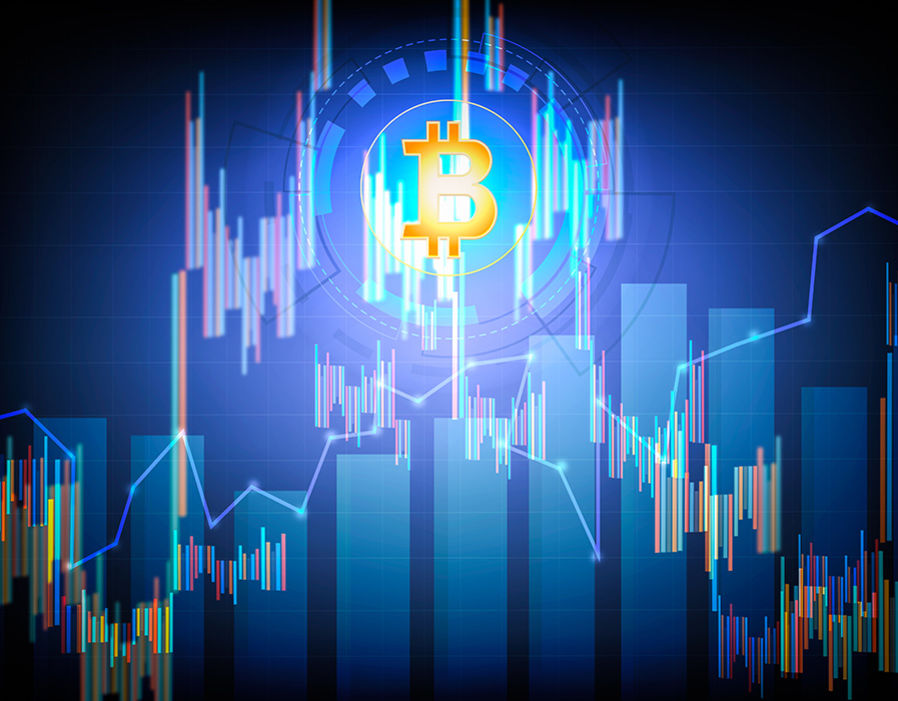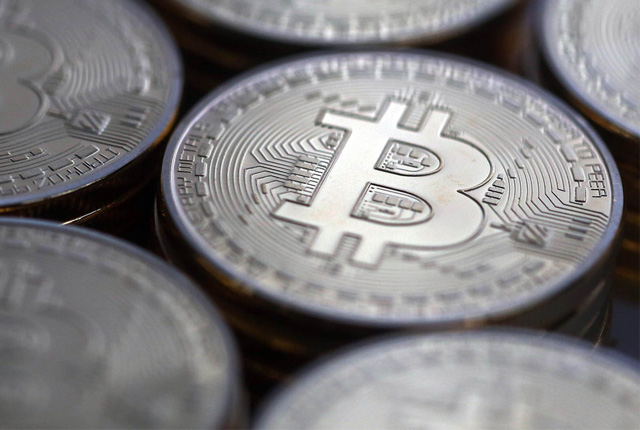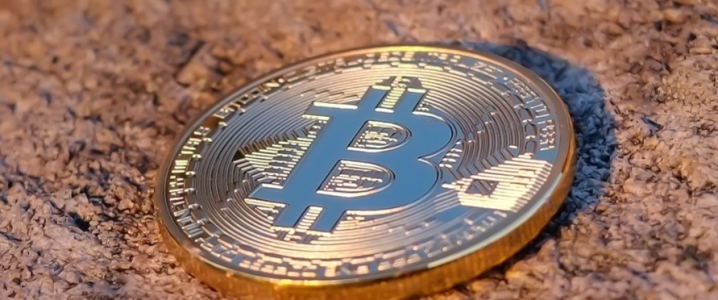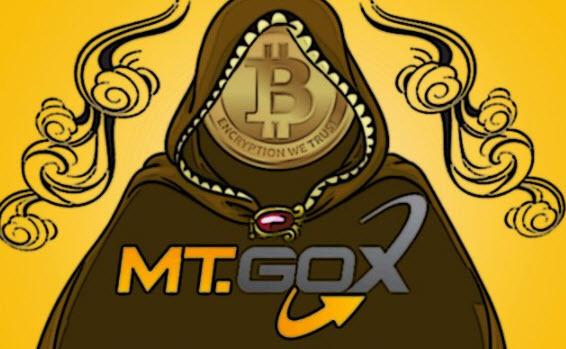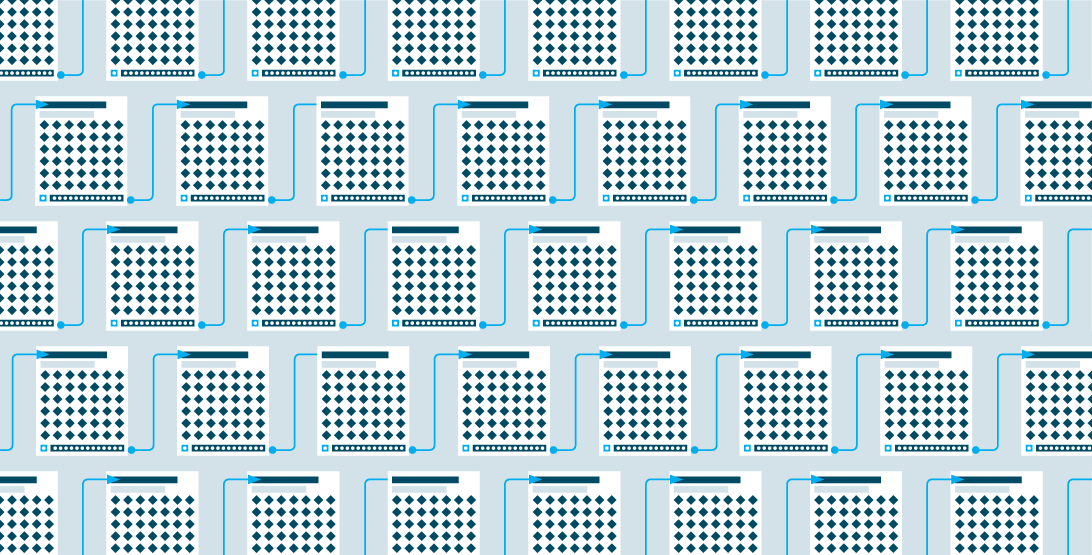Austin Griffith’s Burner Wallet is an instant, throwaway wallet for petty cash on phones, which is loaded through scanning a QR code.
When mainstream adoption? That question has been on hodlers’ minds ever since Bitcoin’s inception. The most common trope centers around buying a cup of coffee using Bitcoin.
In an effort to onboard new users, and to make it easier to buy a cappuccino with crypto, Ethereum developer Austin Griffith created the Burner Wallet in November of 2018.
The Burner Wallet is “an instant wallet,” explains ConsenSys founder Joe Lubin. “Sort of, a throwaway wallet for petty cash onto people’s phones, through a QR code.” By scanning the QR code, a user can create a simple web wallet that doesn’t require an app or a seed phrase.
As Griffith explains, the Burner Wallet is a simple, user-friendly way to handle daily transactions, without the complexity of a more secure system.
How the Burner Wallet works
The Burner Wallet uses a meta-transaction system to make the user experience as simple as possible, by removing technical processes from the user’s end. Much as MetaMask makes it easy to interact with dApps, through a Chrome extension, the burner wallet makes some security tradeoffs in exchange for an easily-spendable cryptocurrency.
Each Burner Wallet creates a short-term ‘ephemeral key,’ which “allows the user to sign transactions,” according to Griffith. “Creating a private key is like creating an account, and it’s free, private, and instant.” Users do not need to remember a seed phrase as the public/private key pair is automatically created and stored in the web browser.
Once created, the wallet uses ETH to purchase DAI, and convert it to xDai via POA Network’s TokenBridge.The xDai then funds a “Burn Token,” specially created for each event, which is used to purchase goods and services. All of these functions are automatic, and do not require any action from the user.
The Burner Wallet utilizes the xDai chain and token, which offers low transaction fees and fast transaction times. A side chain to Ethereum, xDai was developed through a partnership between POA Network and MakerDAO. As an additional advantage, the system also has a “low cognitive overhead”: there are no price conversions, as one DAI is equivalent to US $1.
According to Griffith, onboarding into the system is very simple.“[A] user is onboarded by scanning a bar code, and they instantly have a wallet on a webpage,” he says. “They use this wallet to purchase goods from pop-up stores.”
Once the user is done using the Burner Wallet, they should send the remaining xDai to a more secure wallet and burn their private key.
Source/More: Burner Wallets: A Safe Way To Buy Dinner With Ether | Crypto Briefing








